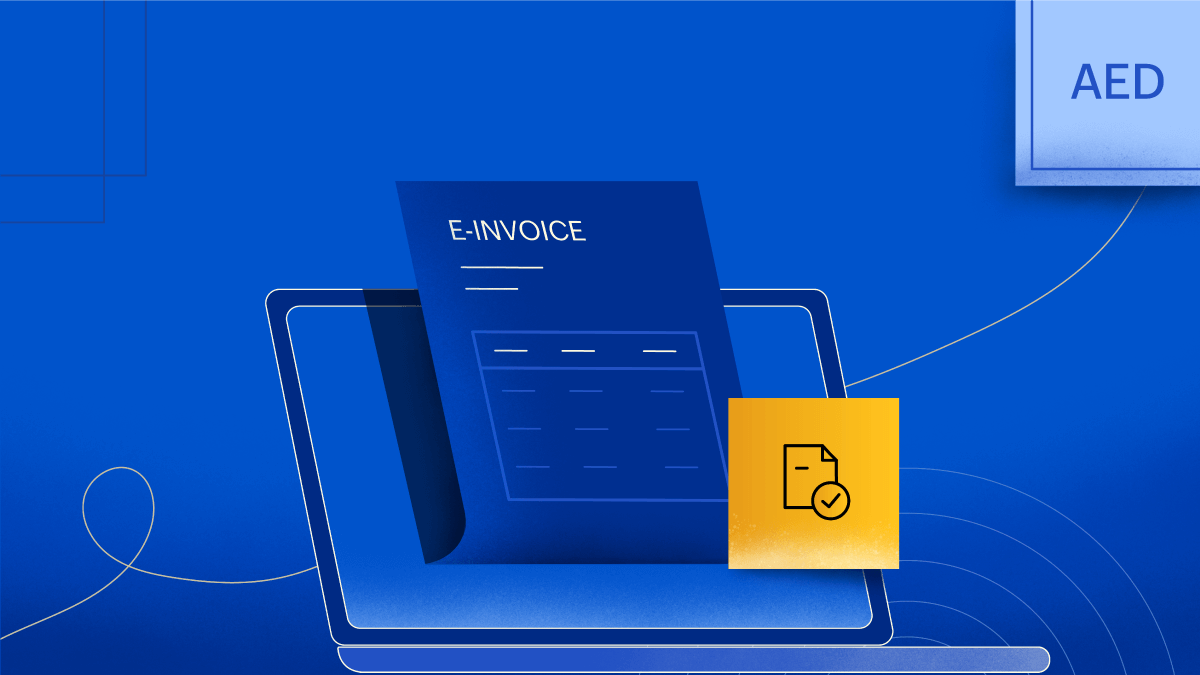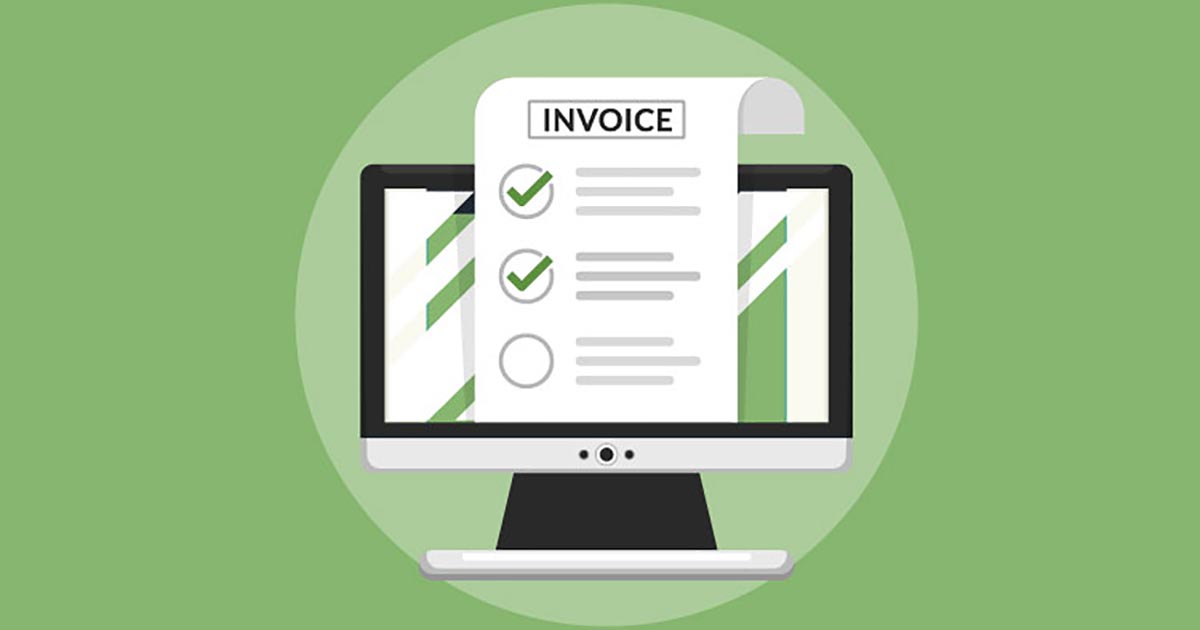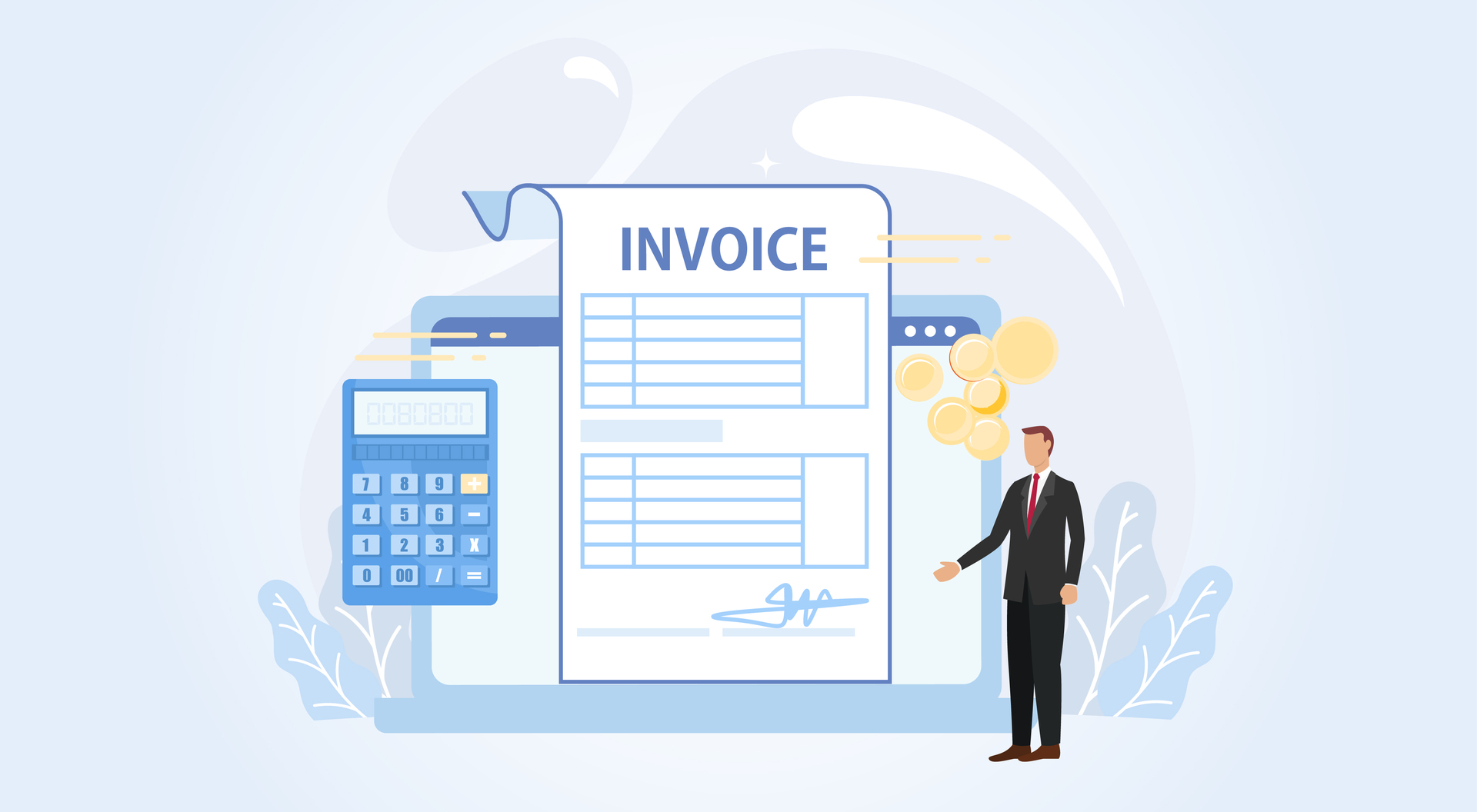
The rise of E-Invoicing in the UAE has ignited a major digital transformation across both public and private sectors. As businesses modernize their financial processes, one truth has become clear: the success of e-invoicing depends entirely on the quality of the data flowing through these systems.
In the UAE’s fast-evolving digital economy, where the government actively promotes financial transparency and automation, clean and accurate data is no longer optional—it’s a strategic requirement.
Understanding the Digital Transformation of Invoicing in the UAE
Digital invoicing has rapidly moved from a convenience to a business necessity. With the UAE’s commitment to digital transformation and tax transparency, e-invoicing has become a critical element of modern finance.
How Government Regulations Are Reshaping E-Invoicing
The UAE’s Federal Tax Authority (FTA) mandates VAT-compliant invoices with specific data fields, clear formatting, and retention rules. As compliance requirements tighten, organizations are turning to automated digital invoicing for accuracy and consistency.
Why UAE Businesses Are Accelerating E-Invoicing Adoption
Businesses across Dubai, Abu Dhabi, Sharjah, and the Northern Emirates are embracing e-invoicing due to:
- Faster payment cycles
- Regulatory clarity
- Reduced manual workload
- Enhanced audit-readiness
The Business Value of E-Invoicing in the UAE’s Evolving Economy
E-invoicing delivers measurable benefits—especially for UAE SMEs and large enterprises dealing with high transaction volumes.
Cost Savings and Operational Efficiency
Studies show that companies using e-invoicing can reduce processing costs by up to 60%, thanks to automation and fewer approval bottlenecks.
Faster Payments and Improved Cash Flow
In a competitive UAE market, delayed payments can seriously impact cash flow. With automated validation and fewer disputes, businesses get paid faster and manage liquidity more effectively.
Data Quality as the Cornerstone of E-Invoicing Success
While e-invoicing systems are powerful, they are only as good as the data inside them. Poor-quality data leads to failed transactions, rejected invoices, compliance issues, and frustrated suppliers.
Accuracy Minimizes Errors and Disputes
Incorrect data—wrong TRNs, supplier names, item codes—causes delays and strained relationships. Clean data ensures smooth approvals and faster payments.
Clean Data Enables Smooth ERP Integrations
UAE organizations heavily rely on ERPs like SAP, Oracle, Zoho, and Microsoft Dynamics. Clean data ensures seamless integration across procurement, finance, and accounting systems.
Data Quality for UAE Tax Compliance
The FTA requires:
- Correct VAT calculations
- Standardized invoice details
- Accurate supplier and buyer information
Poor data exposes businesses to penalties and compliance risks.
Strong Analytics for Better Business Insights
High-quality data creates reliable insights into:
- Spending patterns
- Supplier performance
- Cash flow forecasting
This supports smarter decision-making aligned with UAE market trends.
Best Practices to Ensure High-Quality E-Invoicing Data in the UAE
To fully benefit from e-invoicing, businesses must implement strong data governance practices.
1. Data Cleansing
Regularly remove duplicates, fix inconsistencies, and update outdated supplier and customer information.
2. Standardization and Structured Formats
Use unified templates, standardized fields, and formats aligned with global and UAE digital invoicing requirements.
3. Staff Training and Awareness
Finance, procurement, and operations teams should understand the importance of clean data and follow best practices when entering or reviewing information.
4. Continuous Monitoring and Automation
Automated dashboards can identify invalid entries, missing fields, mismatched codes, and compliance gaps in real time.
Common Data Challenges Faced by UAE Businesses
Legacy Systems and Unstructured Records
Many organisations rely on outdated software that cannot fully support e-invoicing or integrated data exchange.
Supplier Data Inconsistencies
Working with vendors across multiple regions creates variations in formats, tax numbers, and item descriptions.
Scaling Challenges for Fast-Growing Companies
Rapid expansion often leads to fragmented data systems and inconsistent records.
How Clean Data Supports Tax Compliance in the UAE
Real-Time Reporting and Audit-Readiness
Accurate data ensures businesses are always ready for FTA audits and inspections.
Mandatory Fields and Format Requirements
Clean data ensures invoices meet VAT guidelines, such as:
- TRN (Tax Registration Number)
- Correct addresses
- Item-level descriptions
- Accurate VAT rates
The Future of E-Invoicing in the UAE
The Role of AI, Blockchain, and Predictive Analytics
Emerging technologies will help businesses automate validation, prevent fraud, and enhance trust in financial transactions.
Driving UAE’s Digital Economy Vision 2030
E-invoicing plays a vital role in supporting the UAE’s ambition to become a global digital economy leader.
FAQs on E-Invoicing in the UAE
1. Is e-invoicing mandatory in the UAE?
While not fully mandated for all businesses yet, the trend is accelerating as the FTA strengthens digital compliance expectations.
2. What data must be included in a UAE VAT-compliant invoice?
Mandatory fields include TRN, invoice number, issue date, item description, VAT rate, and total amount.
3. How does bad data affect e-invoicing?
It leads to invoice rejection, compliance risks, payment delays, and inaccurate reporting.
4. Can e-invoicing improve audit readiness?
Yes. Clean, accessible data ensures faster and more accurate audits.
5. What systems support e-invoicing in the UAE?
Popular ERPs include SAP, Zoho, Oracle, Tally, and Microsoft Dynamics.
6. How often should companies cleanse their invoicing data?
At least quarterly, but monthly is recommended for organizations with high invoice volumes.
Conclusion
As e-invoicing gains momentum across the UAE, the importance of data quality cannot be overstated. Clean, accurate, and accessible data ensures regulatory compliance, reduces errors, speeds up payments, and supports powerful business insights. In an increasingly digital financial landscape, the success of e-invoicing depends on the integrity of the data behind it.

Monish Mohan is a versatile and accomplished Auditor, VAT Consultant, Finance and Accounts Professional offering over 18 years of experience in UAE VAT, Audit & Assurance, Finance management Advisory & Accounting & bookkeeping.







